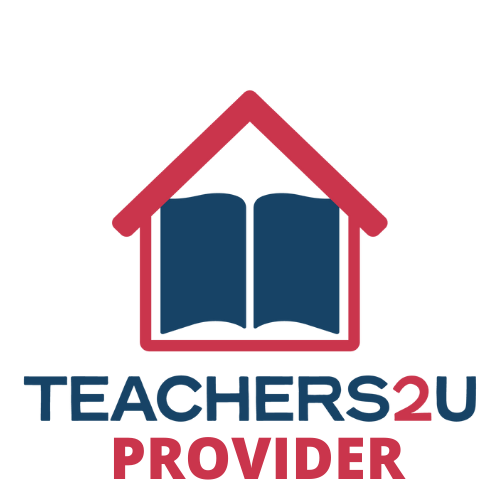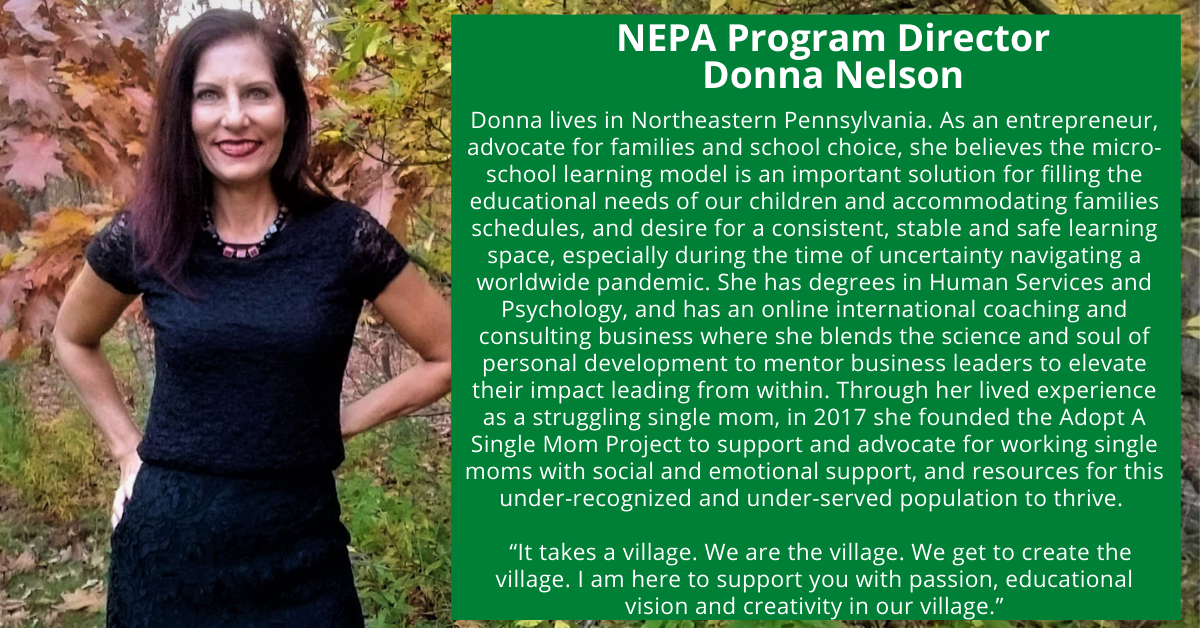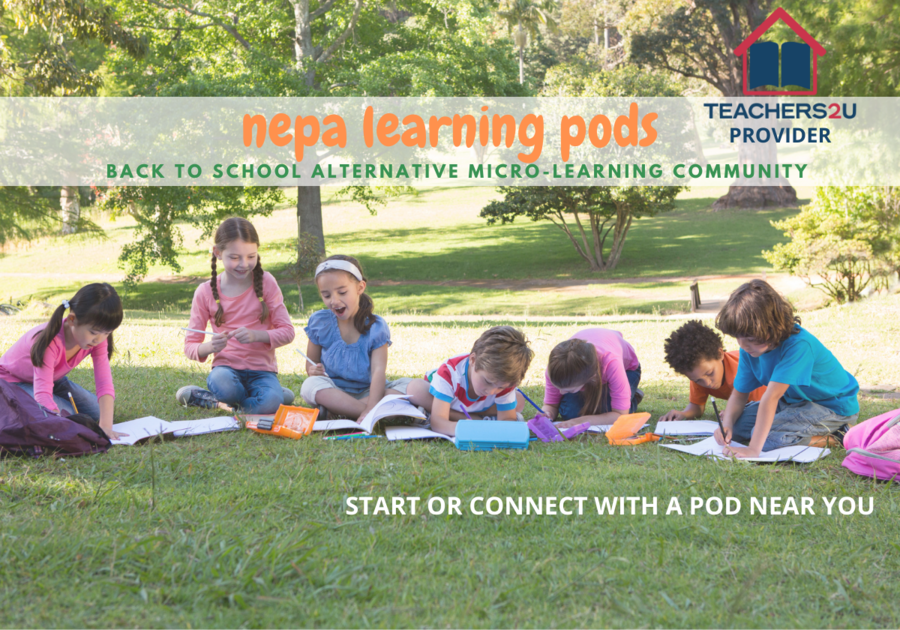Learning Pods and Micro Schools are an important educational alternative for the 2021-2022 school year and beyond.
Even as schools are reopening, a recent poll by RealClear Opinion Research indicates parents want alternative options in the in-school model "Are you more or less likely to enroll your son or daughter in a home school, neighborhood home school co-op, or virtual school once the lockdowns are over?”
In response, 40.8% said they were more likely to choose one of the alternative schooling methods"
- Data collected in a study by Understanding American Study from April-May this year found 45% of parents believe child/family are safer with remote learning, 30% said child wants to remain remote learning, and 28% don’t trust schools will keep their child safe.
As a Coronavirus Delta variant expands more families are preparing for the possibility of a 2020 repeat and they don’t want to be caught off guard and are increasingly concerned about the lag in their children’s education and mental well-being.
Opting to start the year off with a learning pods may be a more flexible, stable, reliable and academically sound while maintaining a sense of community.
What is a learning pod?
These are also referred to as Pandemic Pods, Micro Schools, or Education pods.
They are simply, a small group of school-age children of similar age or grade-level gathering together in a small group, with adult oversight to learn, create, and socialize. Pods can range in group size from 5-20 for ages Pre-K through Middle School.
Over the past year a variety of models have surfaced such as In-Home Pods with Virtual Curriculum and Traditional Homeschool Curriculum, Community-based, and Workplace Pods with themes varying from Forest Schools with learning focused on nature and being outdoors, Montesorri-inspired models, and traditional school curriculum delivered virtually.
How are learning pods structured?
It’s common that the learning or classroom time for learning pods is significantly less than the typical brick and mortar school. Mainly, logistically there isn’t extra time needed to transition between classes, lunch, recess, etc. Concentration is on academics and the rest is up to the family. So a learning pod may only be 3-5 hours from 3-5 days a week.
Because of the variety of types of pods it is important to know the structure and what is offered.
If you need coverage for work then you want a pod that also offers before and after care. If you want your child to have meaningful social interaction then participating in a pod that builds that into the day would be a priority. If your family and particularly your child has had a difficult time adjusting through the difficulties of learning and social distancing over the past year then being part of a pod that provides structured social-emotional learning support and staff that are trauma-informed should be a priority.
While some really like the idea of their kids being at home and having the teacher come to them so they don’t have to make extra trips to pick up at school or a childcare location - If you don’t want other families in your home, then a community-based pod would be ideal.
What is the curriculum for learning pods?
This is an important consideration. As was experienced this past school year we saw curriculum and content delivered in many different ways. This can vary in learning pods and it is important to consider first what your child prefers in delivery. Some pods use a home-schooling curriculum, others use the district virtual option, virtual charter school, and teacher designed to meet state standards without the use of technology. And it could also be a pod structure is very fluid in meeting the individual preferences for each family.
Who is overseeing the pods?
Some pods are run by parents/family and the family group may rotate each week to share in the responsibility. Other pods whether in-home or the community are lead by certified teachers who are classroom experienced, have background checks and clearances, and other trainings.
What are the benefits of participating in a learning pod?
The benefits of a learning pod depends on the type of environment you choose. Generally, pods seem like a way to both prioritize safety and engage in much-needed in-person learning with more hands-on personalized support along with being able to remain in a community.
For the in-home pods, which were the most popular during the height of the coronavirus pandemic when schools were on hybrid or all virtual learning, the primary benefit is having other families from your neighborhood, who you typically know, kids are same age and often friends. This creates a close friendly community that often feels safe, strengthens social and emotional connection which enhances learning.
If You Would Like To Learn More About Local Learning Pods:
Join PA Learning Pods for an information session about local pods in your area. Live on Zoom:
Thursday, July 29th @ 7pm
Tuesday, August 3rd @ 12PM
Thursday, August 5th @ 7PM
Book to join: www.palearningpods.com
or call 570-431-9222
Follow PA Learning Pods For More Information:
 |  |  |



